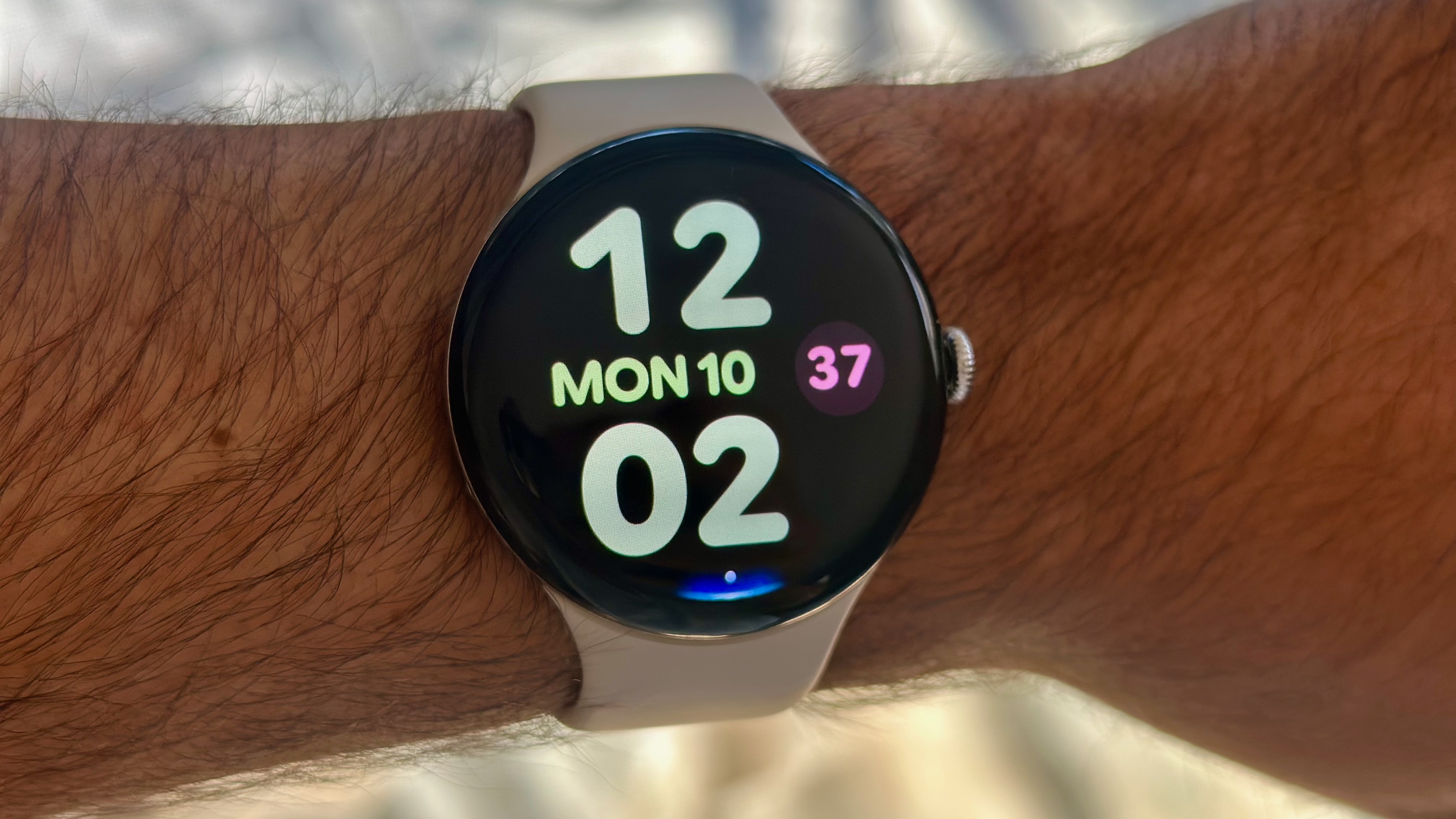Android XR will be another DOA Google product
I don't like the sound of that either.

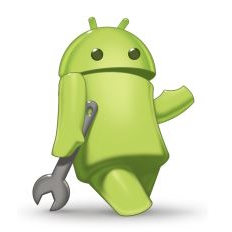
One of the web's longest-running tech columns, Android & Chill is your Saturday discussion of Android, Google, and all things tech.
You probably know that Google is launching yet another AR platform called Android XR. It has several hardware partnerships for glass frames and even a headset, but it's missing the most important thing of all: a clue about how to make people want it.
No, I don't like saying that any more than you like hearing it, but I really feel it's going to be true again, like the company's other failed AR/VR platforms. I expect Android XR to go the way of Google Stadia.
This is just my opinion, and it doesn't reflect the opinions of other people on the Android Central team. It might not align with what you think, either. That's great, and this is one of those times I hope I'm wrong.
VR and AR have the potential to do a lot for accessibility, but for that to happen, it has to become popular, so it's a bit more lucrative. Meta owns the current state of AR/VR, and even Apple is having a hard time gaining any traction with consumers. We either aren't ready, aren't interested, or no company has done it right yet.
Google isn't that company, and even with Samsung's help, it won't become that company. A look at where Google has had great success and why tells the whole story.
Google's success stories aren't a mystery
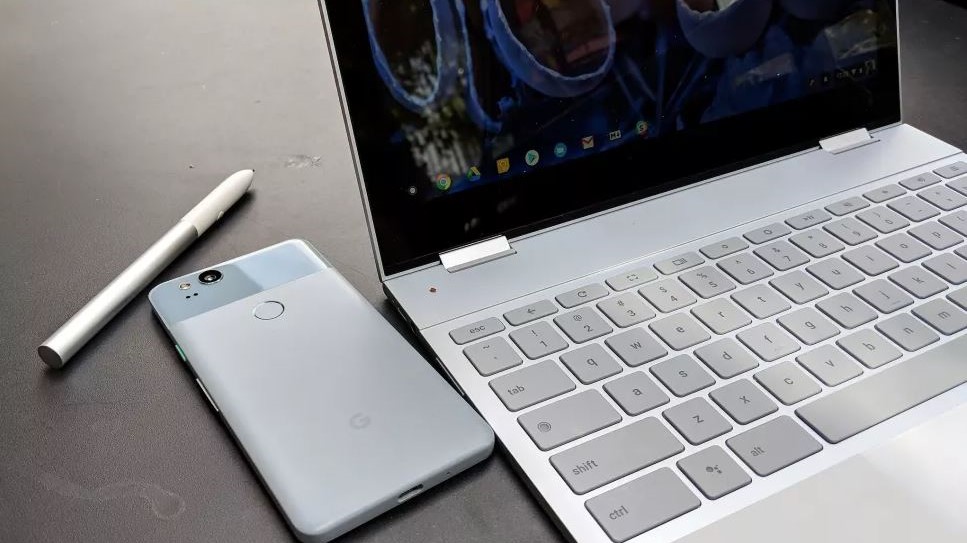
On the hardware front, Google has two very successful platforms that are used by billions of people nearly every day: Android and Chromebooks.
Although its offerings aren't driving huge sales numbers, Google is still raking in the money because of its business model; Google knows what you are interested in and gets big bucks from showing relevant ads. That, in itself, is also pretty successful and genius, even if it's a little creepy sometimes.
Get the latest news from Android Central, your trusted companion in the world of Android
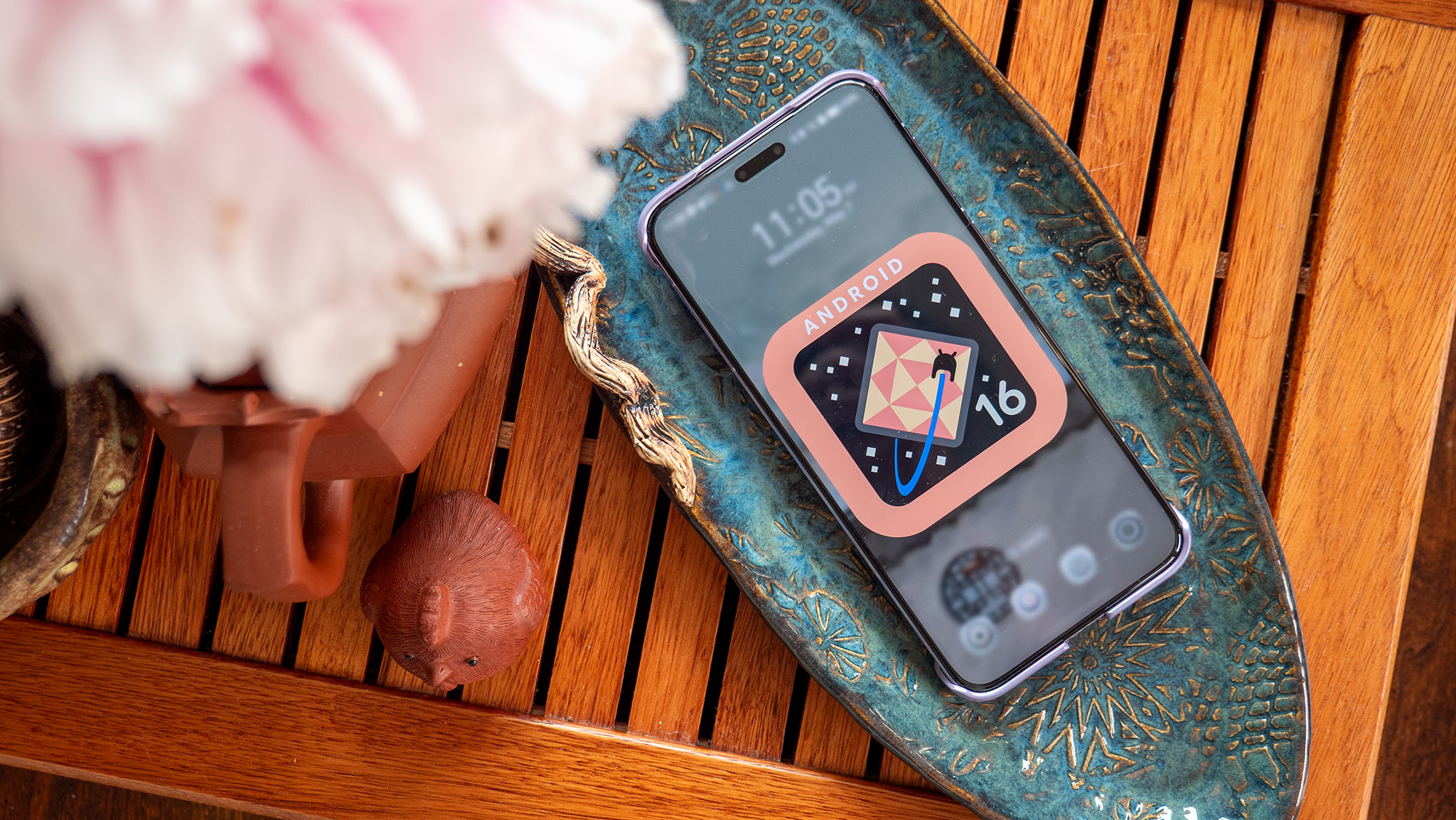
Android didn't come from Google. The story of how Android started as a spinoff of the OS that drove the Sidekick and was meant for a camera is fascinating, but that's not what matters.
Android was a ready-built Java-based OS and application platform from someone who knew what consumers wanted. Google only needed to look at what Microsoft, Palm, and BlackBerry Limited (formerly Research in Motion) had done and find ways to improve it. It did an awesome job of that, and most people around the globe use an Android phone because they bought the right thing and made the right changes.
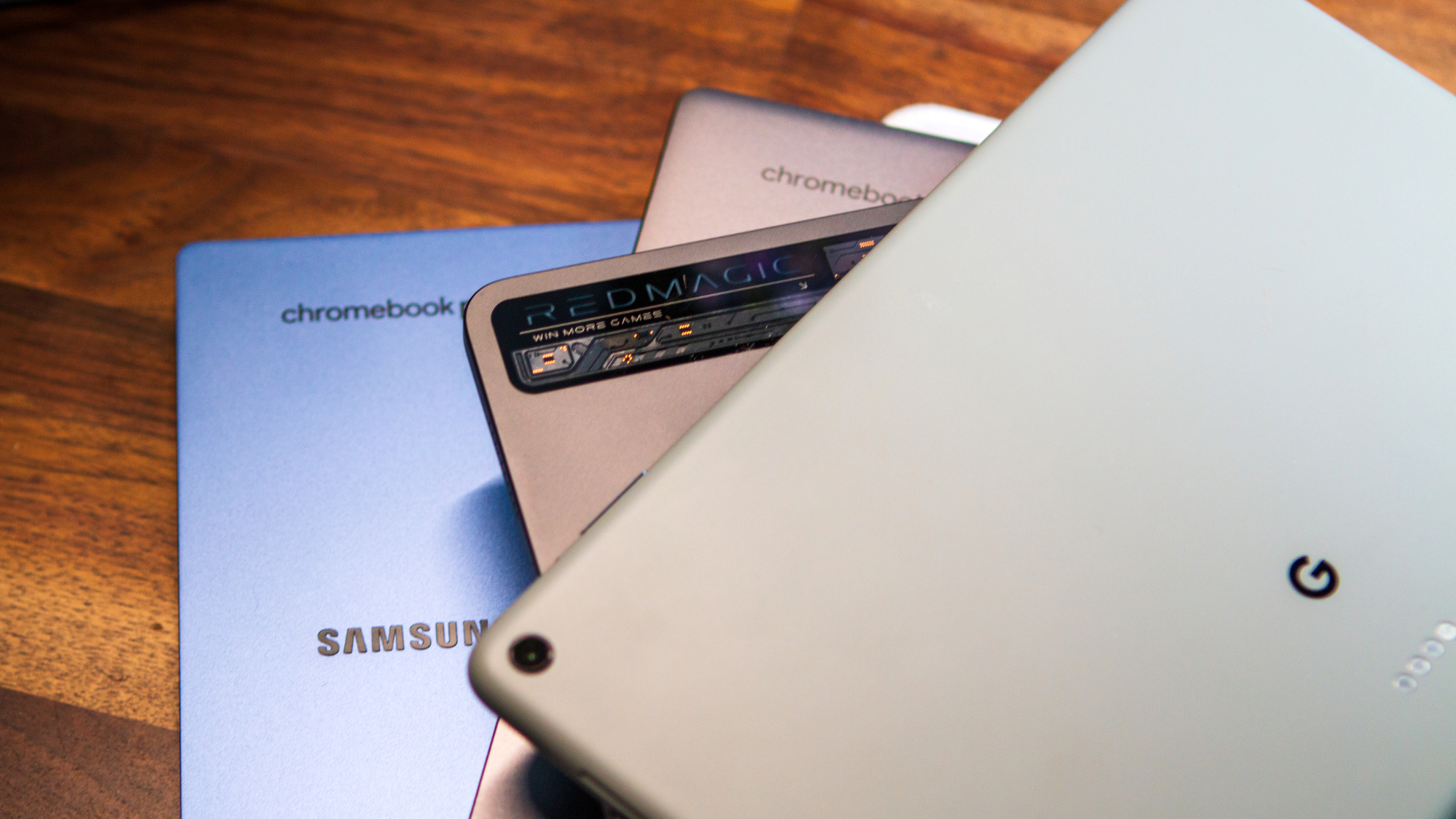
Chromebooks are even easier to figure out. They are easy to manage, which makes them great for the education sector, while also running software that doesn't need a lot of resources. Cheap Chromebooks are the models that sell enough to keep manufacturers interested in building them.
One thing both have in common is that Google was smart enough to let the right companies build the actual products. Acer might not make the very best laptop you can buy, but the company does a better job of it than Google ever could — ask anyone still waiting on a Pixelbook 2 if you want another opinion.
This is the only positive aspect of Android XR, to me. However, this was also the case with Google Daydream.
Can Samsung save Android XR from an untimely demise?
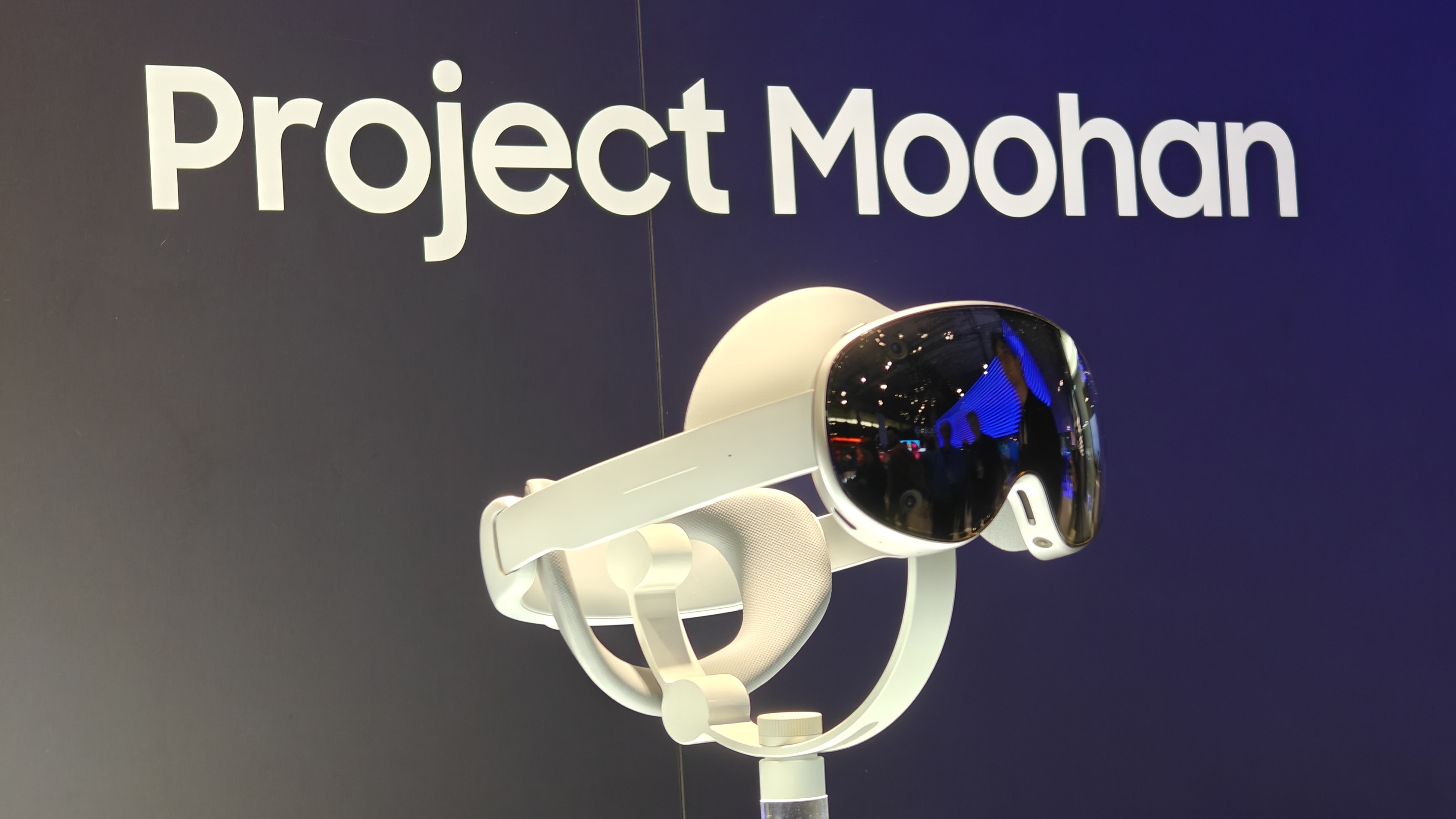
I don't think so, but there is a chance. Samsung does software in a weird way. It's hard to describe, but the company takes a slightly different approach than most, and that means it's not the right company to launch a new software platform.
Hardware is another story. Samsung builds phenomenal things you can touch. Whether it's a refrigerator, an anti-aircraft gun, or a phone, Samsung products are designed well, built to last, and, in the case of consumer products, look good.
Samsung is the right company to build an Android XR headset. It also has the means to offer it at a discount or as a package with a new phone or whatever else the company can dream up to move more products. Android XR will need this if it's to survive for even a few years.
We are the real unknown here

What Android XR will need more than anything else is a public that wants to buy into it. I don't think that's in place, and I am doubtful that Google and Samsung can make it happen.
Google Glass was an amazing product. I was able to buy and use the product before it was basically abandoned, and while there were kinks to work out, the tiny heads-up display full of useful information is like nothing you've ever seen or used before. But people hated it. It was mostly people who hadn't used it, but the price was also prohibitive.
On the other hand, Google Cardboard was free. You could cut the template from an old cardboard box, and use the phone you already had. Sure, it was clunky and often buggy, but from a consumer point of view, it was there for anyone who wanted it and didn't cost anything. It failed, too.
I don't even want to talk about Daydream, but it was in the middle; it was reasonably priced, it used your existing phone, and another abandoned platform from the company that told us it was the next big thing.
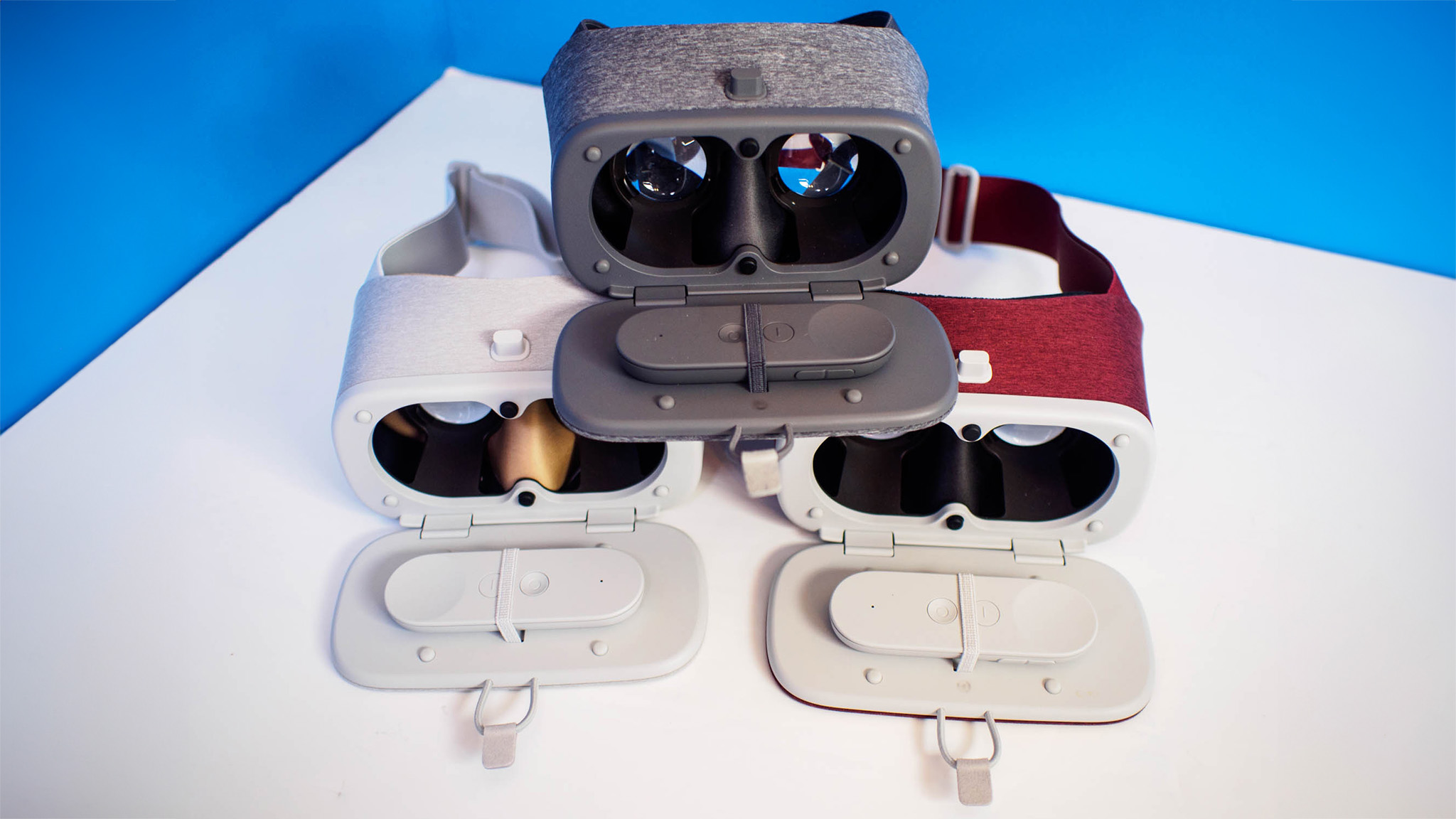
Maybe people just aren't interested in wearing something on their faces? Your guess is as good as mine, but I'm going to gamble and say 90% of consumers have never tried an AR/VR product, and most have no interest in doing so. Until that changes, any sort of XR platform is going to be a financial black hole.
Meta has shown interest and a willingness to lose money today so it can make more tomorrow. I like seeing a company trying that. Google is a different animal. If a product doesn't make money or further Google's business model of collecting information, it won't be around long.
Maybe I'm seeing it all wrong. I hope I'm seeing it all wrong. But Android XR is going to need to end up in a lot of hands to make it worthwhile to maintain, and I just can't see that happening. Google and Samsung aren't charities, after all.
If the product does end up getting scrapped, who knows what its next iteration will look like?

Jerry is an amateur woodworker and struggling shade tree mechanic. There's nothing he can't take apart, but many things he can't reassemble. You'll find him writing and speaking his loud opinion on Android Central and occasionally on Threads.
You must confirm your public display name before commenting
Please logout and then login again, you will then be prompted to enter your display name.
